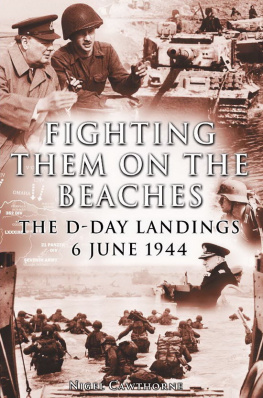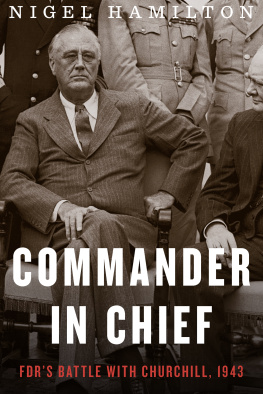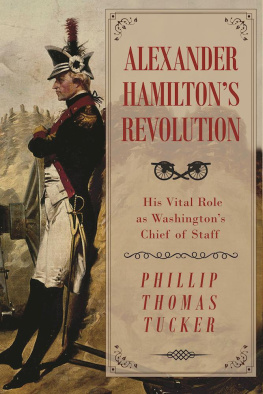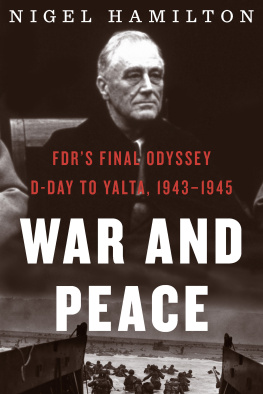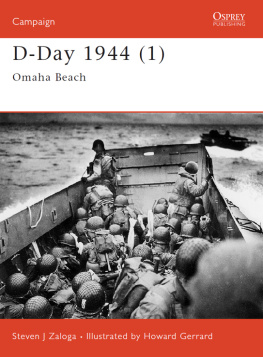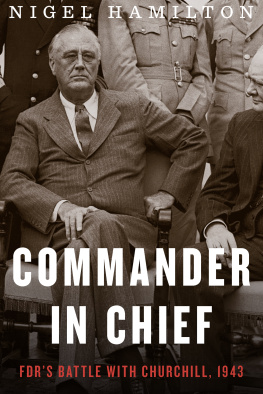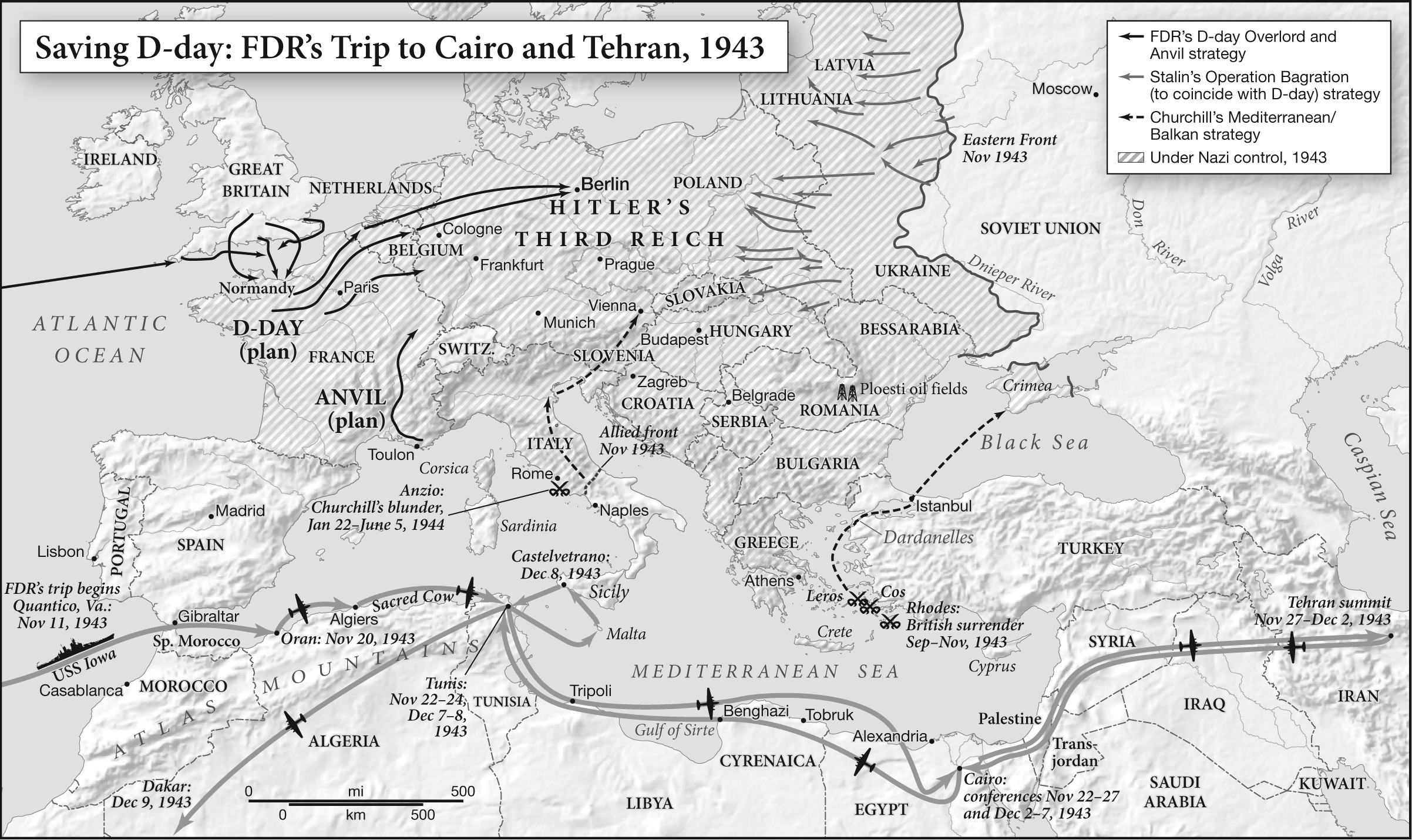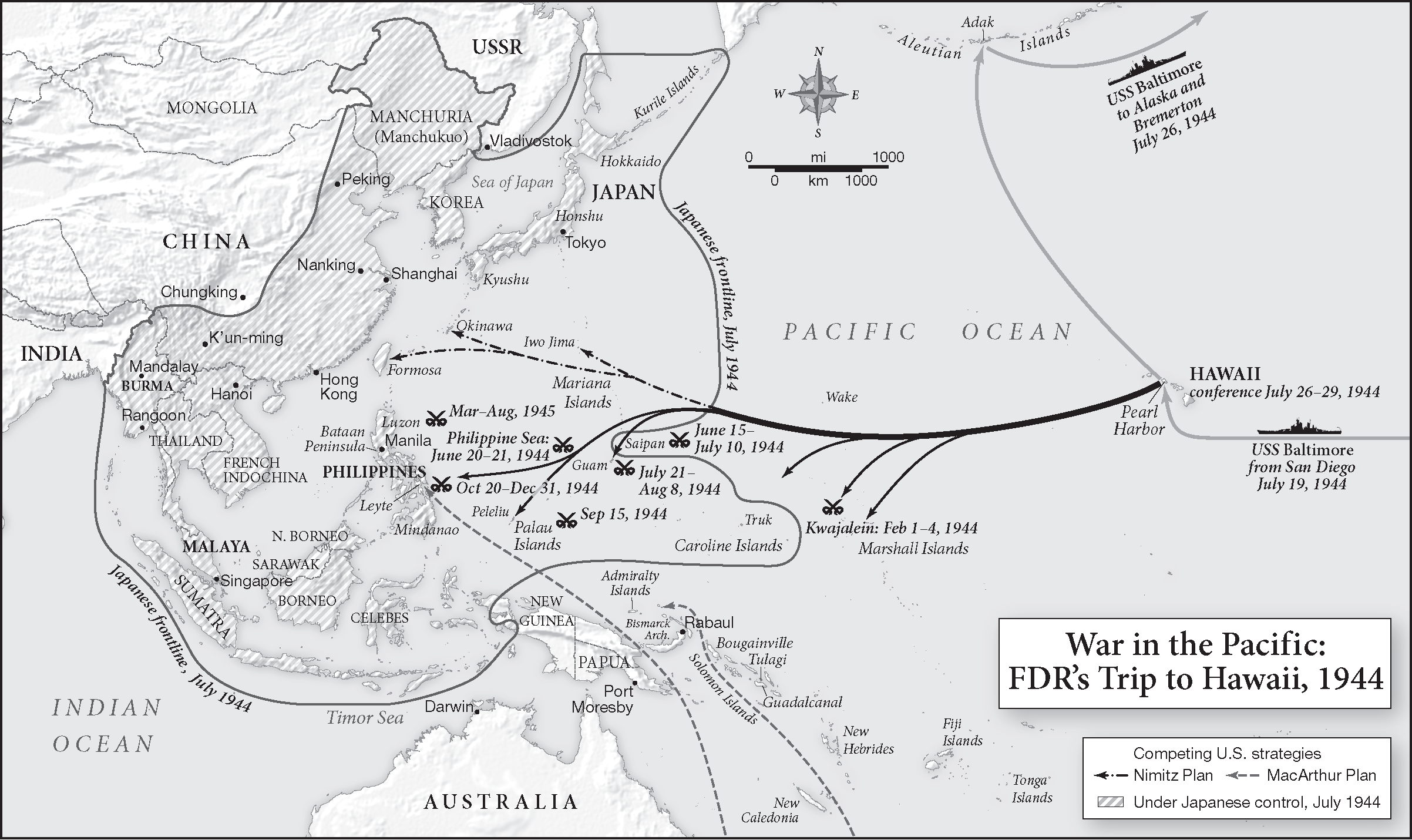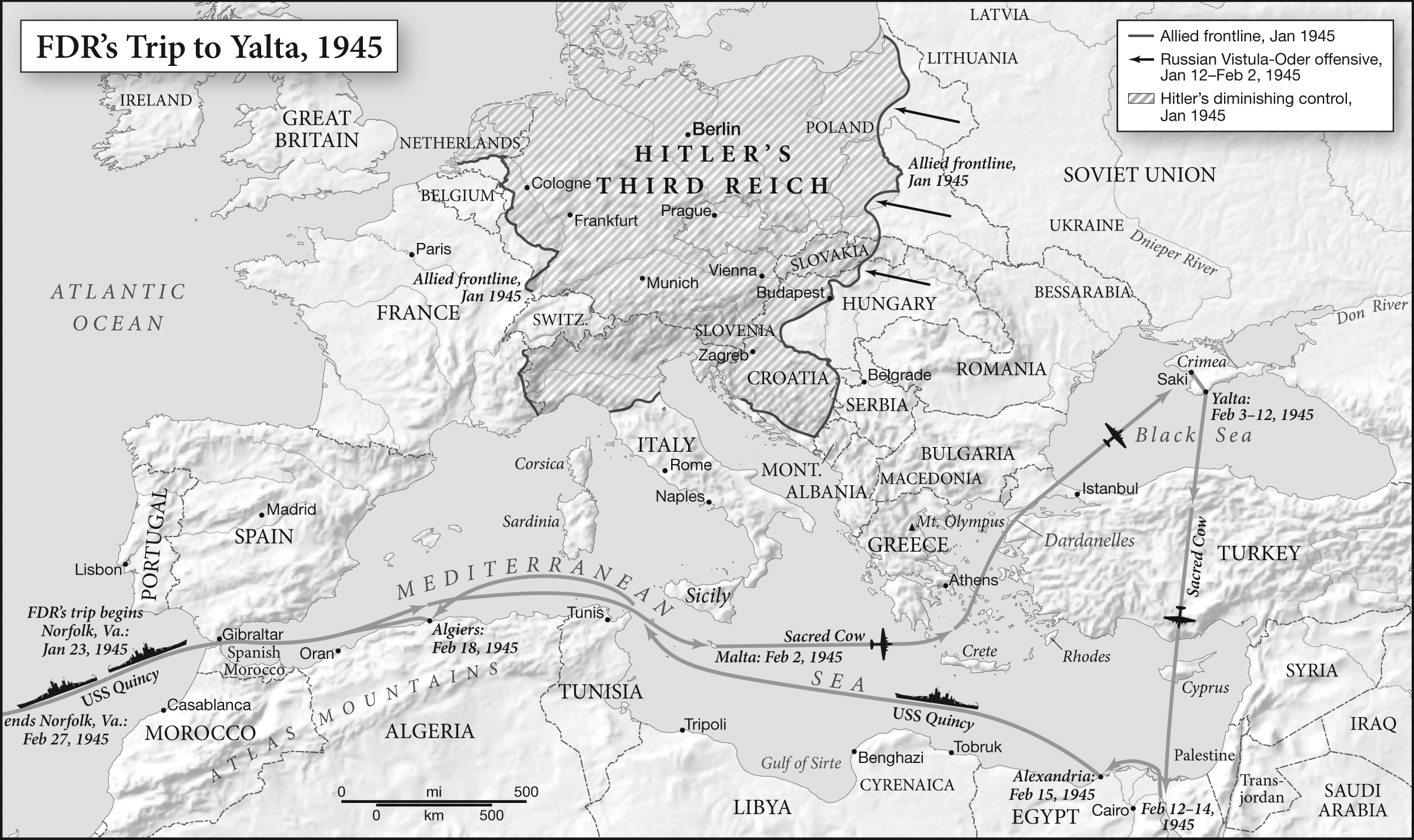Copyright 2019 by Nigel Hamilton
All rights reserved
For information about permission to reproduce selections from this book, write to or to Permissions, Houghton Mifflin Harcourt Publishing Company, 3 Park Avenue, 19th Floor, New York, New York 10016.
hmhbooks.com
Library of Congress Cataloging-in-Publication Data
Names: Hamilton, Nigel, author.
Title: War and peace : FDRs final odyssey, D-Day to Yalta, 19431945 / Nigel Hamilton.
Description: Boston : Houghton Mifflin Harcourt, [2019] | Series: FDR at war; volume 3 | Includes bibliographical references and index.
Identifiers: LCCN 2018043601 (print) | LCCN 2018051359 (ebook) | ISBN 9780544868540 (ebook) | ISBN 9780544876804 | ISBN 9780544876804 (hardcover)
Subjects: LCSH: Roosevelt, Franklin D. (Franklin Delano), 18821945. | World War, 19391945United States. | World War, 19391945Diplomatic history.
Classification: LCC D 753 (ebook) | LCC D753 .H259 2019 (print) | DDC 940.53/2273dc23
LC record available at https://lccn.loc.gov/2018043601
v3.0419
Photo credits appear on .
Cover design by Brian Moore Jacket photographs Hulton Archive / Getty Images (top); Bettmann / Getty Images (bottom)
Author photograph Nick Hamilton
Maps by Mapping Specialists, Ltd.
Prologue
I N THE SUMMER of 1940, following evacuation of British and French troops at Dunkirk, the new British prime minister feared an invasion of England by the German Wehrmacht: a prospect that roused him to some of the greatest oratory in history. We shall fight on the beaches, Mr. Churchill declared before Parliament, we shall fight on the landing grounds, we shall fight in the fields and in the streets, we shall fight in the hills; we shall never surrender.
It was his greatest speech, and a singular example of leadership of a nation at war.
Three years later, thanks to Americas leading contribution to the struggle against Adolf Hitlers Third Reich, the situation was reversed. Hitler was aware the Western Allies were planning an invasion somewhere along the Atlantic Wall, probably on the coast of northwest France, defended by almost a million German troops. If they attack in the West, he warned his generals in December 1943, this attack will decide the war. It would come in the spring of 1944, at the end of winter weather, the Fhrer was certainthough he had the feeling, he said, the British didnt have theirshall we saywhole heart in this attack.
Hitler was right. Churchill was fearful, and did everything he could as prime minister and quasi commander in chief of the forces of the British Empire to postpone the landings, or sabotage the invasion by embarking on foolish enterprises elsewhere. The story of how President Roosevelt held the feet of the British to the D-day fire is thus a fascinating one. And historic in that Operation Overlord was mounted in the spring of 1944. And, as Hitler had warned, it did decide the war.
Seventy-five years after the triumphant Allied landings in Normandy it seems a shame, therefore, that FDRs role as commander in chief should largely have been forgotten. For, more than any other single individual, it was Franklin Delano Roosevelt, commanding the Armed Forces of the United States, who made D-day happenmoreover who made the fateful decision, in person, in North Africa, over who was to lead the historic landings.
A kind reviewer, Evan Thomas, called The Mantle of Command, the first volume of my FDR at War trilogy, the memoir Roosevelt didnt get to write. While the trilogy is of course a biography rather than a memoir, Thomass point was that, unlike Winston Churchill, who went on to write his war memoirs, in six grand volumes, FDR did not live to do so. Dying of a cerebral hemorrhage two weeks before Hitler committed suicide, Roosevelt was unable to give his own account of the trials and tribulations hed faced as U.S. commander in chief since Pearl Harbor, almost three and a half years earlier.
Like Winston Churchill, Franklin Roosevelt had, however, begun to assemble the necessary papers he would need to write his own war storypapers his secretaries had filed in the Oval Office, as well as the secret communications kept under strict security in the White House Map Room. And those, too, that hed amassed at the presidential library hed had built beside his home at Hyde Park, and which he proposed to donate to the nation. Four months after the D-day landings, in October 1944, he had even begun to use a young Harvard graduate, Lieutenant George Elsey, the officer in charge of the Map Room team staff, to help him prepare the library to safely house his secret papers from the Oval Office. As Elsey later recalled, It was remotely possible that [Roosevelt] might lose the [1944 presidential] election to [Thomas] Dewey. He considered it a possibility and he wanted to know what should be done at the library to ensure the safety of his wartime records and papers, which would automatically go with him to Hyde Park. What should be done to protect themsince, in terms of the top-secret stuff, the library was not built with that in mind. So he took me up there, to the library, to make recommendations.
Elsey was later told by the Presidents naval aide, Admiral Wilson Brown, that there was a reason Elsey had been recommended for the job: that Lieutenant Elsey, with his background, would be very, very valuable and helpful in doing [FDRs] memoirs. In retrospect, Elseywho had just prepared his own eyewitness account of the D-day landings and several long reports for the President on U.S. allies such as Chinarealized part of the reason why [Roosevelt] spent a good deal of the time with me, talking with me, I think, was that he was just getting better acquainted: sizing me up for the job of literary assistant.
At the same time, Winston Churchill, too, was contemplating the removal from 10 Downing Street of all the wartime papers he would need to document his leadership in the course of the wara task in which he would employ a bevy of assistants (military subordinates and the secretary to his wartime cabinet, a group later known as the Syndicate) to help him research and draft his account. Thus when, at the military conference held in Quebec in September 1944, the Canadian prime minister had said he hoped Mr. Churchill would, after wars
Had Roosevelt survived and published his own accountHe will write, his cousin Daisy Suckley had noted in September 1944, and can make a lot of money that waythe world would have been treated to an interesting postwar literary duel, for FDRs account would have differed markedly from that of Sir Winston (as Churchill became in 1953). The highlight of the tourney would undoubtedly have been their competing accounts of D-day: its inception; the long battle between the two great leaders over its mounting; and its ultimately decisive consequences for the successful prosecution of the war against Hitler.
That literary duel, of course, did not take place. It was the President who died prematurely, at sixty-three, while the aging former prime ministerforced from high office at seventy in the 1945 British general electiondevoted himself in his multivolume memoirs to a magisterial if also self-lauding account of how he, rather than Roosevelt, had directed and won World War II.

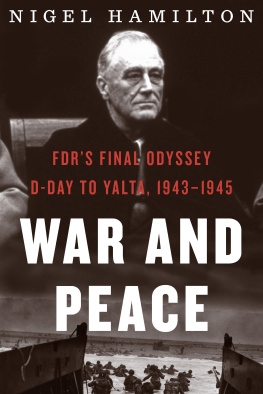

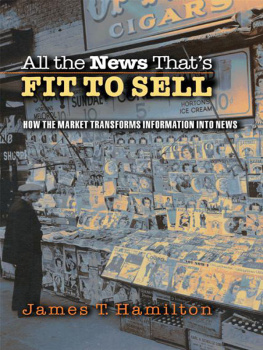

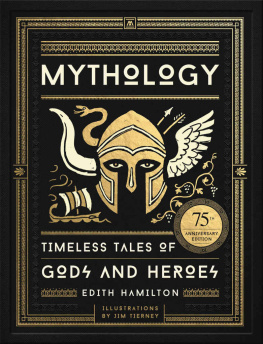
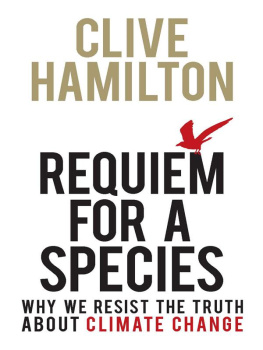
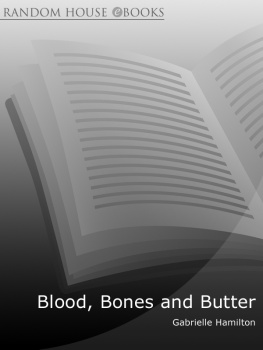

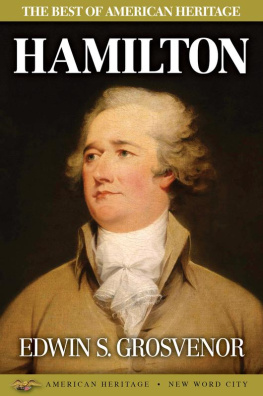
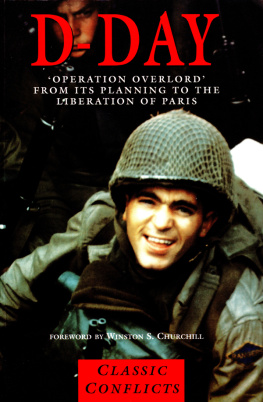
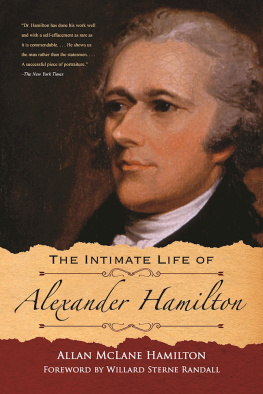
![A. K. ]]> - Rough Diamond: The Life of Colonel William Stephen Hamilton, Alexander Hamiltons Forgotten Son](/uploads/posts/book/377309/thumbs/a-k-rough-diamond-the-life-of-colonel.jpg)
